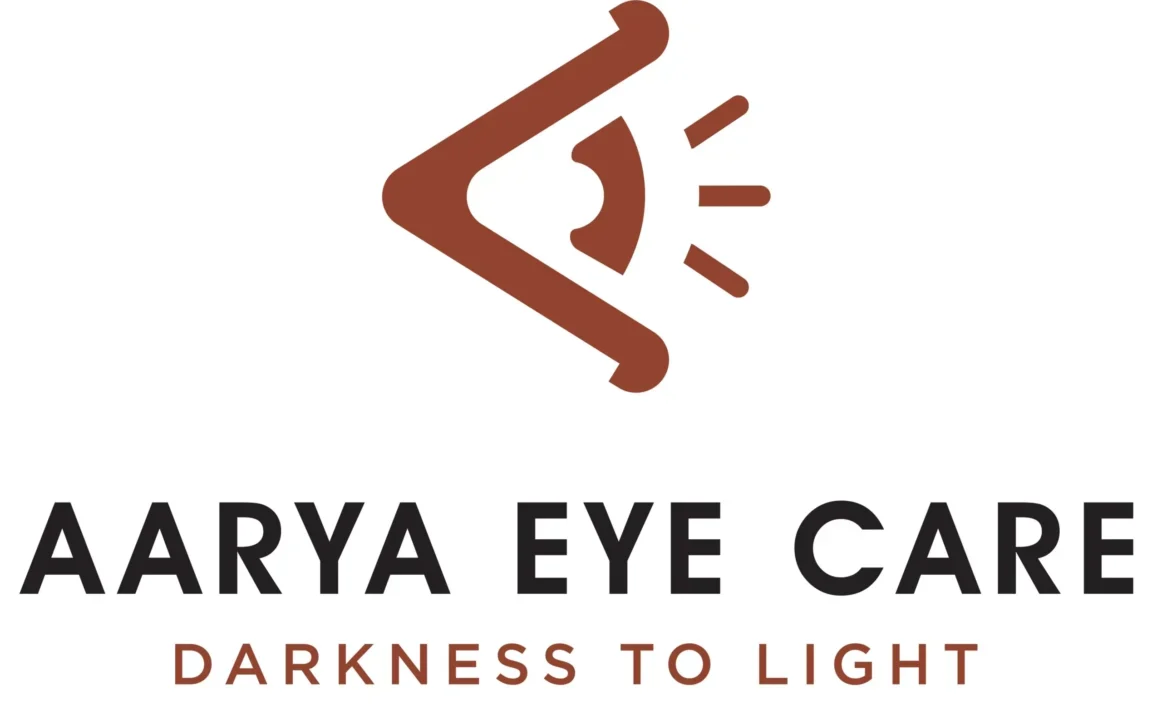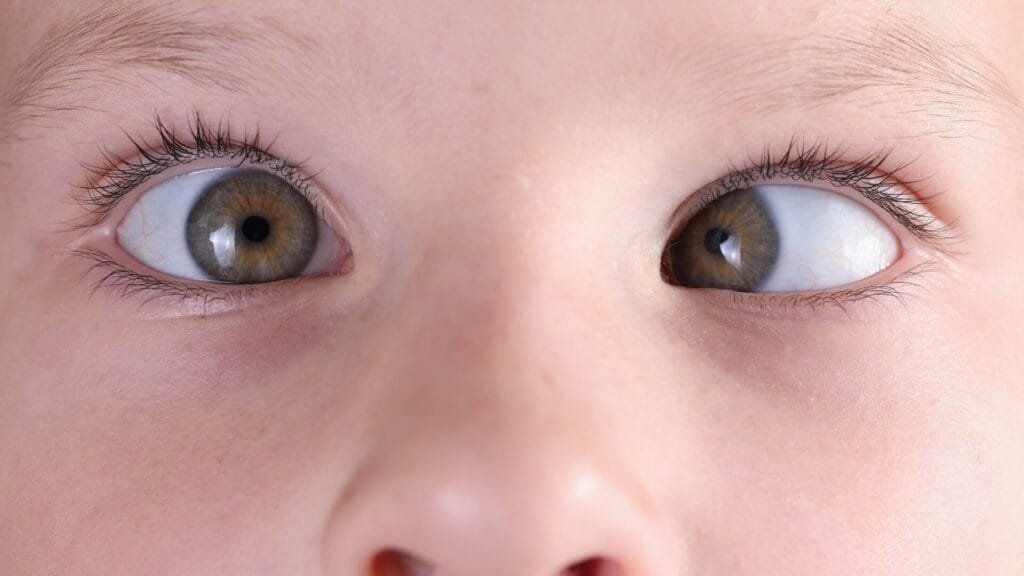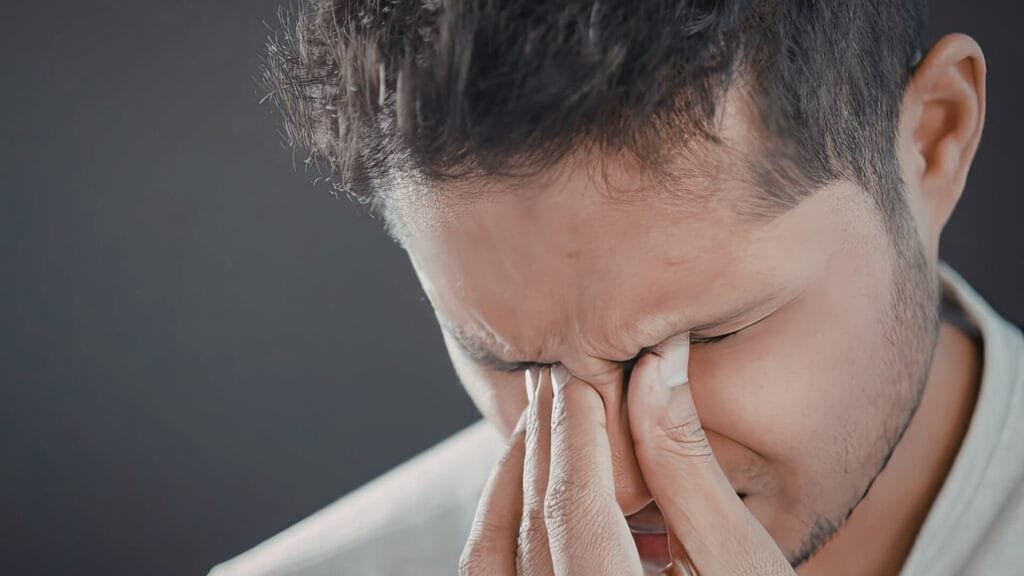Monsoon Eye Infections: How to Stay Safe and Protect Your Vision
The refreshing monsoon rains in Kerala bring welcome relief but it also invites a surge in seasonal illnesses. Monsoon eye infections are especially common during this season, frequently caused by inadequate hygiene and high humidity levels. The rise in eye infections during monsoon makes it crucial to take proactive steps. Maintaining proper eye hygiene is not just a matter of comfort, it is vital to your long-term vision health.
As the best eye care hospital in Thrissur, Aarya Eye Care is committed to protecting your vision. With expert ophthalmologists and modern infrastructure, we help you stay prepared against seasonal threats to your eye health.
Common Monsoon Eye Infections
The monsoon season raises the risk of different eye infections because of increased humidity and contact with harmful substances.Here are the most common monsoon eye infections to be careful during the time.
- Conjunctivitis (Pink Eye)
Conjunctivitis or Pink Eye is a leading cause of discomfort during the rainy season; conjunctivitis may be viral, bacterial, or allergic. The symptoms include Redness, intense itching, discharge, and watery eyes and it is highly contagious through direct or indirect contact
- Stye (Hordeolum)
Stye or Hordeolum is a painful red lump in the form of eyelid infection occurs when bacteria enter the oil glands. Red bumps, swelling, and tenderness are the most typical signs of a Stye. It is better to avoid squeezing as it may worsen the infection.
- Keratitis
Keratitis is inflammation of the cornea, usually due to bacterial, viral, or fungal infections. It can lead to symptoms like severe Pain, blurry vision, light sensitivity and lead to vision loss if left untreated.
- Blepharitis
Blepharitis is a chronic eyelid inflammation that is common in humid climates and the symptoms are Crusting, redness, and eye irritation. It requires regular lid hygiene for control.
- Fungal Eye Infections
Tropical climates like Kerala’s increase the risk of fungal infections. It is mostly caused by rainwater contamination entering the eye and resulting in serious complications without prompt treatment.
Causes of Eye Infections during Monsoon
Understanding the root causes of eye infections during monsoon can help you to take better preventive measures.
- Humidity and Moisture
Kerala’s monsoon humidity creates ideal conditions for bacteria and fungi to thrive. Increases tear evaporation, leading to dryness and eye irritation and it encourages microbial growth on skin and surfaces.
- Contaminated Rainwater
Rainwater often carries pollutants, dust, and harmful microbes. Water splashing into the eyes and being exposed to dirty surfaces after rain increase the risk of infection.
- Poor Hygiene Practices
Touching your eyes with unwashed hands can quickly spread germs, and sharing towels, cosmetics, or handkerchiefs can worsen contamination.
- Allergens and Airborne Irritants
During the monsoon, mold, pollen, and tiny dust particles are easily dispersed in the air. These things may result in allergic conjunctivitis and cause discomfort in the eyes.
Preventive Measures: How to Protect Your Eyes in Monsoon
Adopting a few simple habits can help you to reduce the risk of eye infections during the monsoon seasons.
- Maintain Hand Hygiene
Proper hygiene is very important, wash hands frequently with soap and water and avoid touching your face or eyes unnecessarily. Make sure to avoid rubbing eyes, it can transfer bacteria and viruses from your hands to eyes.
- Avoid Self-Medication
Using random eye drops can worsen infections and always consult an expert at an eye care to diagnose the actual problem and find solutions.
- Use Clean Personal Items
Never share towels, pillows, or eye makeup because it may cause reasons to spread bacteria and viruses. It is important to change pillowcases and handkerchiefs regularly to keep them clean.
- Contact Lens Care
Use fresh solution for cleaning and storing lenses every time and avoid extended wear during the rainy season. Moreover, never expose lenses to rainwater.
- Protect Eyes from Rainwater
Use protective glasses when stepping outdoors and rinse eyes gently with clean water if exposed to rain. Never rub your eyes, especially when it is irritating.
- Avoid Eye Makeup during Active Infection Season
It is very important to discard expired or shared cosmetics and opt for hypoallergenic makeup products if needed.
When to Consult a Doctor
Timely consultation prevents complications and visit an eye specialist if you experience symptoms such as Redness or pain lasting more than 48 hours, feeling Blurred vision, Sensitivity to light, Discharge or crusting and Persistent itching or swelling.
Do not make any delay because early treatment can save your vision.
Conclusion
Kerala looks even more beautiful in monsoon season, but you must be careful for eye infections. The risks of monsoon eye infections increase due to humidity, rainwater contamination, and poor hygiene. Yet, these infections can be stopped from happening. Practice good eye hygiene during monsoon, avoid treating problems on your own and go to an expert if the symptoms do not go away.
Aarya Eye Care, the best eye hospital in Thrissur, provides reliable solutions to eye problems caused by the rainy season. Take precautions, stay informed, and trust Aarya Eye Care to manage your eye health effectively.
Get in touch today for expert care and timely treatment.
Frequently Asked Questions
Why do eye infections increase in monsoon?
The high humidity and frequent exposure to contaminated water promote microbial growth, which makes the eyes more vulnerable.
Can rainwater harm the eyes?
Yes, rainwater carries pollutants and microbes that can be a reason to irritate or infect your eyes upon contact.
Is it safe to wear contact lenses in the rainy season?
It is better to limit lens use, follow the strict hygiene practices such as using fresh solutions and never expose lenses to rainwater.
How can I avoid catching conjunctivitis?
To prevent conjunctivitis, it is better not to touch your eyes, always keep your hands clean, and avoid sharing personal items like towels or eye makeup.
What are natural ways to soothe itchy eyes?
Use a clean cold compress, maintain hygiene, and avoid allergens. However, it is better to consult a doctor before using any home remedy.
Can children get eye infections more easily?
Yes, their lower immunity and tendency to rub eyes make them more prone to infections during monsoon.
When should I visit an eye doctor during monsoon?
If symptoms persist beyond 1–2 days, or if there is redness, discharge, pain, or blurred vision, consult an eye specialist immediately.








